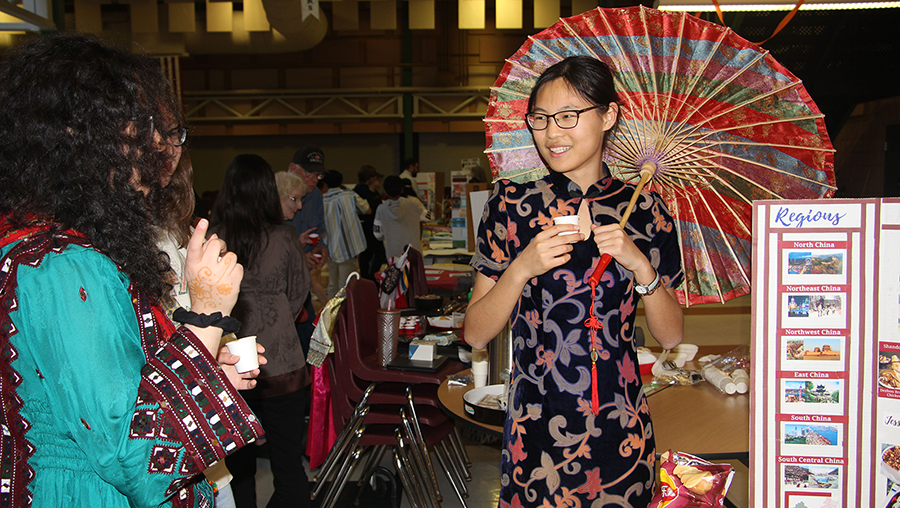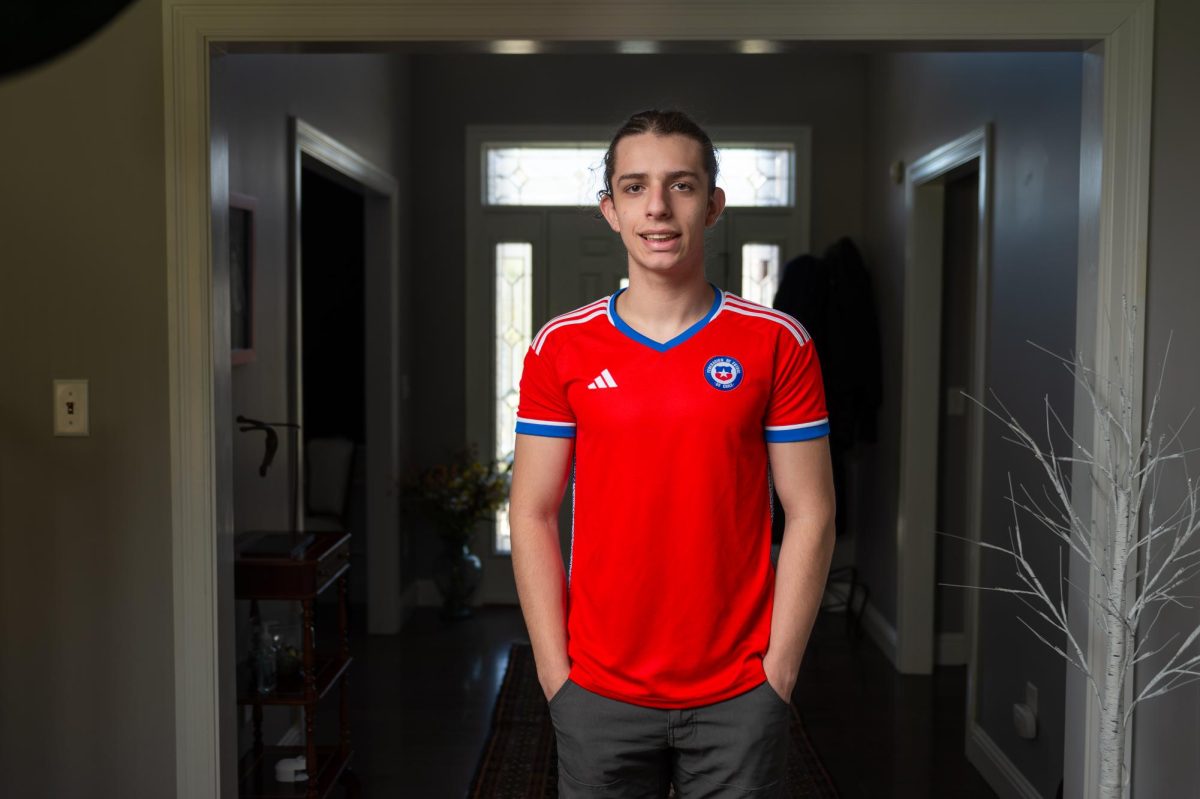The aromas of seafood and fresh produce fill the air as junior Eduardo Naranjo’s grandmother prepares Locos con Mayonesa, a traditional Chilean dish. The rich, flavor-filled entree features locos, or Chilean abalone, on a bed of lettuce. Eduardo’s grandfather brings the locos fresh from the market, which are garnished with creamy mayonnaise, avocados and tomatoes. Eduardo only eats Locos con Mayonesa when traveling to Chile, and a single bite of the dish overwhelms him with the feeling of home. A comfort that he often seeks when moving from one country to another.
Cultural Differences
While Eduardo’s parents grew up in Chile, he was raised in France and the United States. After moving from the U.S. to France in 2009 and back to the U.S. in 2015, Eduardo witnessed the contrast between culinary habits in France and the U.S.
“Lunch is such a big part of a French person’s day,” Eduardo said. “I went to a private school in France and we would get served five courses. Every school would get a really good meal for lunch. That was a really big emphasis in France. We got an hour for lunch in France, but [in the US], you get 30 minutes.”
Eduardo lived in France from the ages of 2 to 9 years old and attended daycare, French Kindergarten and elementary school in France.
“The school system is pretty different,” Eduardo said. “[In France], they had one class where we all moved up together, but in the US, there’s a lot more intermingling between different classes. They have bigger schools here as well.”
Eduardo’s father Lorenzo Naranjo has observed the differences between the places that he has lived in as well. He has stayed in various countries with his family, including in Singapore for one summer, due to his work as a college professor.
“All of these countries are very different,” Lorenzo said. “South America is different from the United States, and even within the United States, living in New York City, living in Miami and living in St. Louis are quite different [experiences]. Everything is different in France as well. It’s [necessary] to adapt because there are things that are going to be very normal in some countries that aren’t normal in other countries. You need to be very flexible and open, which is pretty much what [Eduardo] has done.”
Developing Adaptability
Eduardo attributes his growing sense of adaptability to his travels and the values that his parents have taught him at a young age.
“Chile had a dictatorship not too long ago, which my parents lived through,” Eduardo said. “The adaptability of being able to live through something like that [was] definitely instilled in me.”
In particular, Eduardo has demonstrated his adjustability through the languages he has learned to further adapt to the countries that he’s moved to.
“He moved to France when he was two, so his first language was French,” Lorenzo said. “We spoke Spanish at home and then when we moved back to the United States, he was 8 [years old]. He didn’t speak any English [at the time], but he quickly picked it up. Now, he speaks English very well and his French is okay.”
Though Eduardo learned English quickly, it was still challenging for him to master the language in such a short amount of time. At first, this made it difficult for him to adjust to the American school system and tests written fully in English.
“It’s [difficult] for people who have never been outside their comfort zone to understand that it’s hard,” Lorenzo said. “It’s hard for Americans to learn French, it’s hard for French people to learn English, it’s hard for any foreigner to learn a foreign language.”
Eduardo’s fluency in Spanish eased his transition to Miami, but through his travels to other countries, he continued to witness the difficulties of learning new languages.
“Moving to Miami wasn’t that bad because I spoke Spanish at home, so the Spanish helped me through,” Eduardo said. “Language barriers are probably the [hardest] thing, because it’s like so different. You can’t really communicate without language.”
Although learning new languages comes with difficulties, Lorenzo believes that it is vital to understand the language of the place you are living in to truly embrace the country’s culture.
“Learning the language of the place that you are in is very important,” Lorenzo said. “That’s been [the] key. If Eduardo didn’t speak Spanish, I don’t think he would have been able to relate to the Chilean culture the way he relates, because every time we’ve gone to Chile it would have been very odd not to speak the language. Similarly, in France today, most French people speak English, but if you really want to connect, you need to speak French.”
Building Relationships
Traveling to Chile almost every other year and speaking Spanish at home has allowed Eduardo to absorb the culture and speak the language fluently. Understanding Spanish and Chilean culture has aided him in building relationships across the globe.
“In Miami, being able to make friends with people who spoke Spanish [and] having that cultural connection definitely helped with friendships,” Eduardo said.
Relationships are not solely built upon shared languages or cultures, though. Some of Lorenzo’s most valued friendships have stemmed from relationships formed in the neighborhoods he has lived in or in his PhD program in New York City.
“Those human relationships are the most important part, at least for us, to make moving around work,” Lorenzo said. “It helps that, except in Miami, our Chilean community has never been very big. It’s not like we can rely on our own community. We need to adapt and get to know people that live in [the places we live] because that’s what we get.”
Junior Vishmi Rajapaksha, one of Eduardo’s close friends, met Eduardo through the Robotics club at Ladue. Since she has known him for around two years, Rajapaksha has seen Eduardo’s involvement in his extracurricular activities, like Quiz Bowl or Robotics, grow.
“He knew what he was interested in from the start, like science,” Rajapaksha said. “He was also really passionate about rock climbing. When he came [to] Ladue, he continued to do the things he was already passionate about.”
While some might believe that similar cultural or personal backgrounds are essential for forming connections, Rajapaksha observed that several of Eduardo’s friendships were built from shared interests.
“Through extracurriculars, he’s met people who have similar interests as him, so he’s surrounded himself with people who can resonate with him,” Rajapaksha said.
Along with developing relationships in activities, Eduardo expanded his social circle through mutual friendships. The community he has created has been a significant aspect of his experience at Ladue.
“Since I came [to Ladue] in freshman year, there were other new kids coming in,” Eduardo said. “I was able to form a community, find good friends and expand [my friend group].”
Whether it’s adjusting to new countries by building connections or learning languages, Lorenzo feels that as long as he remained open-minded, he could find beauty in any environment.
“Whenever you go to a different place, you need to be open and acknowledge that things that were very normal in other places are going to be different,” Lorenzo said. “As long as you realize that, then every place is great.”
This story was originally published on Panorama on April 29, 2024.

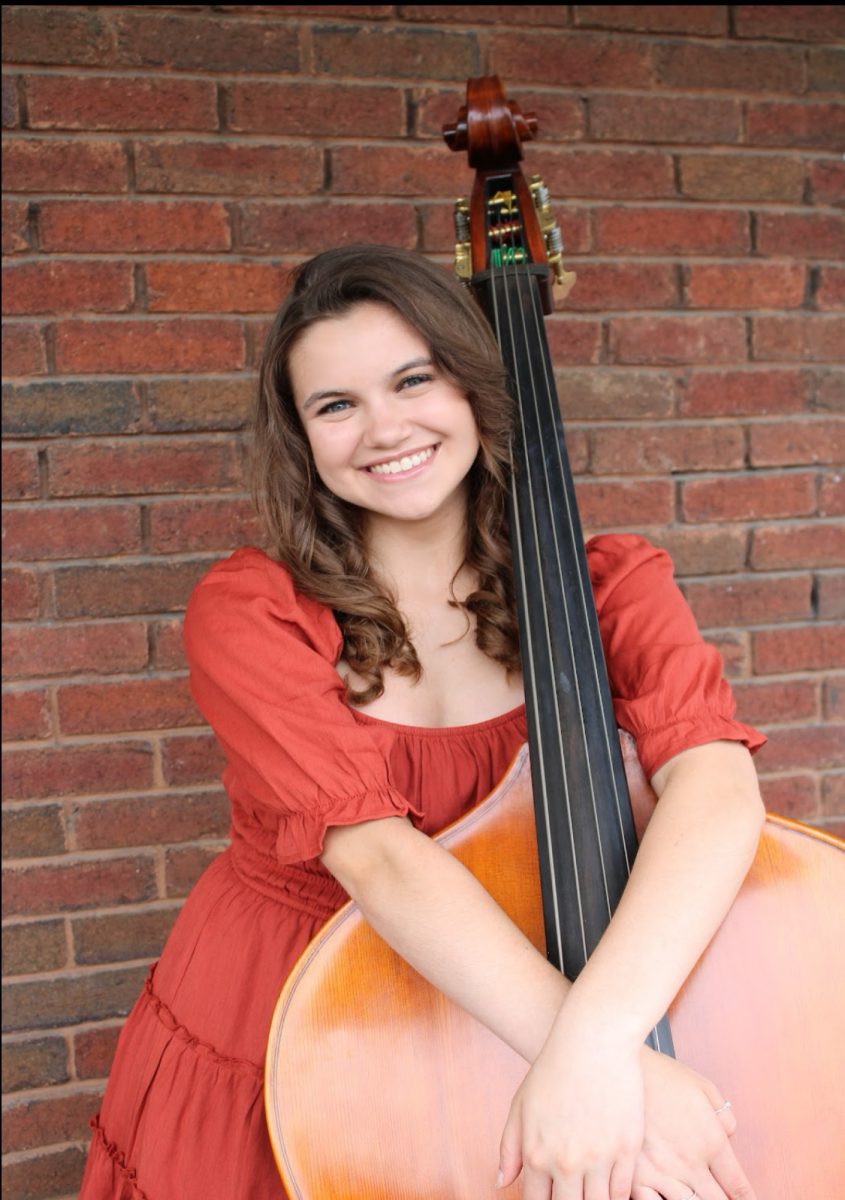
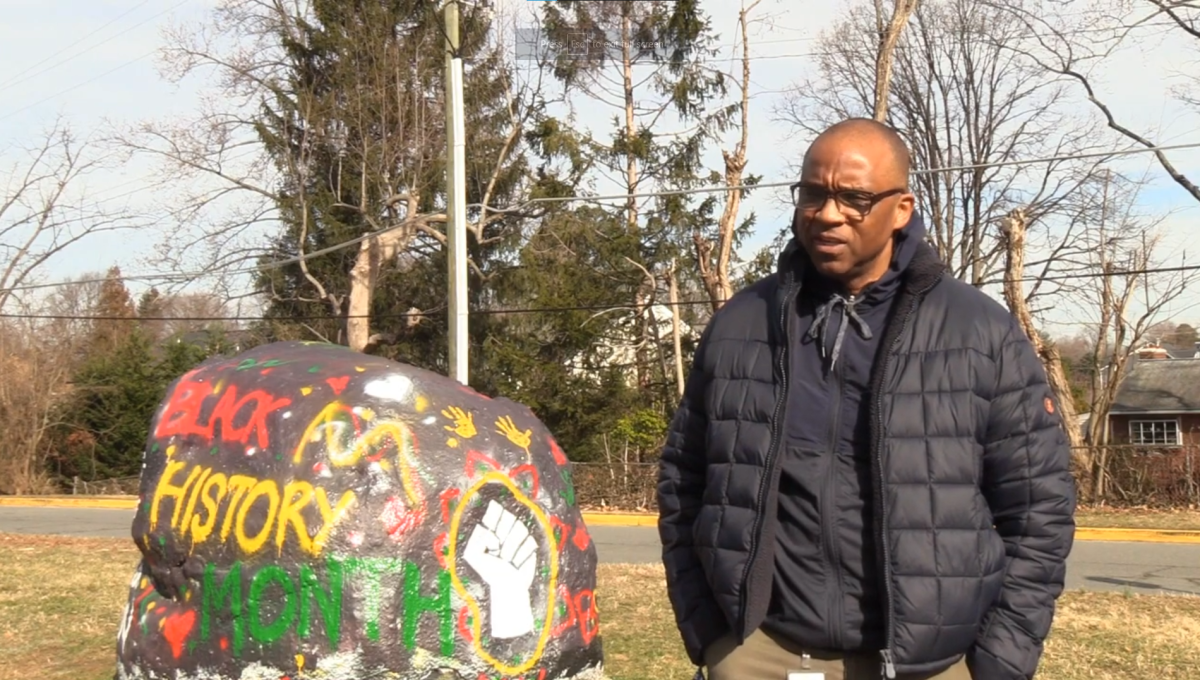


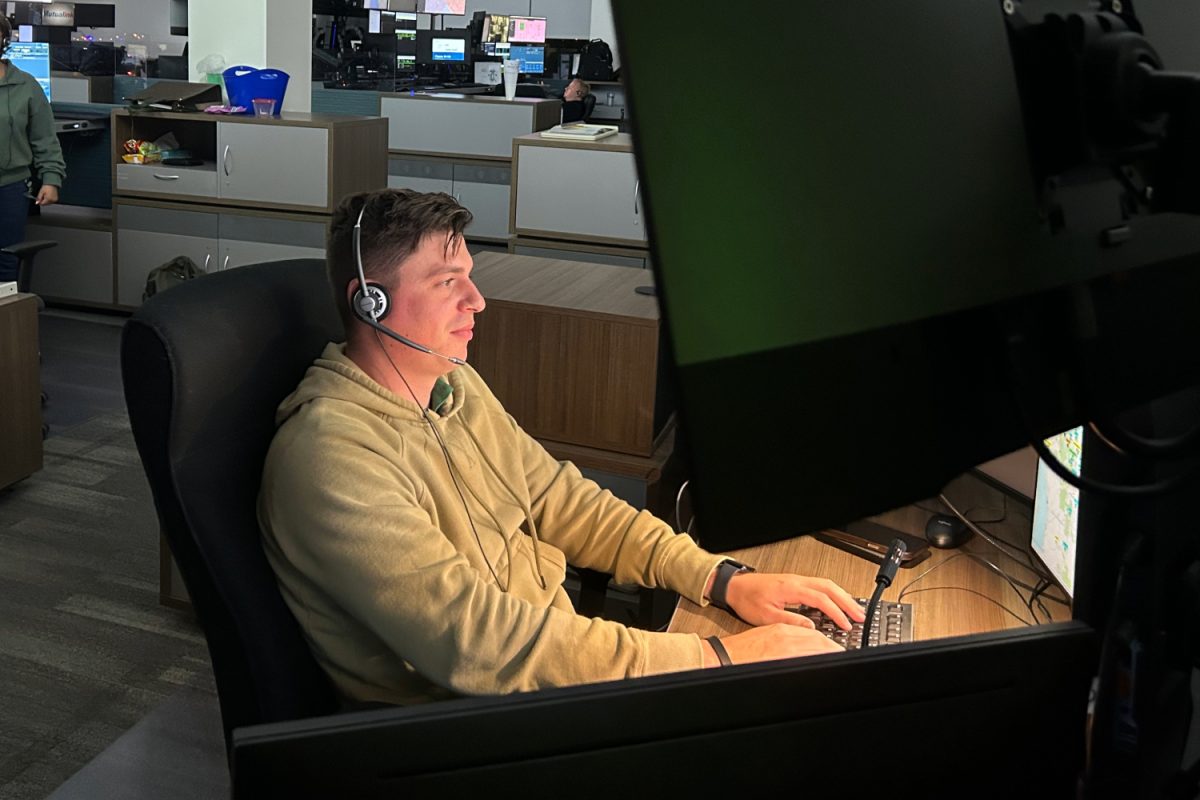
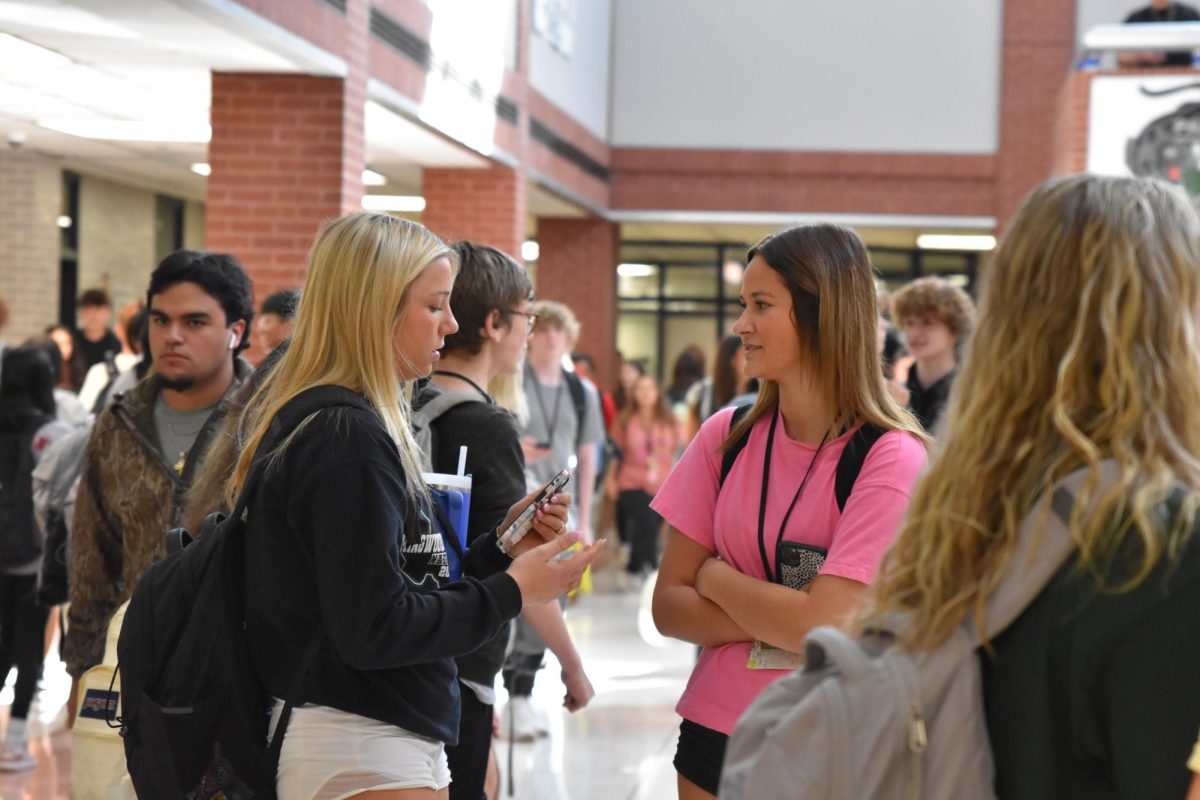
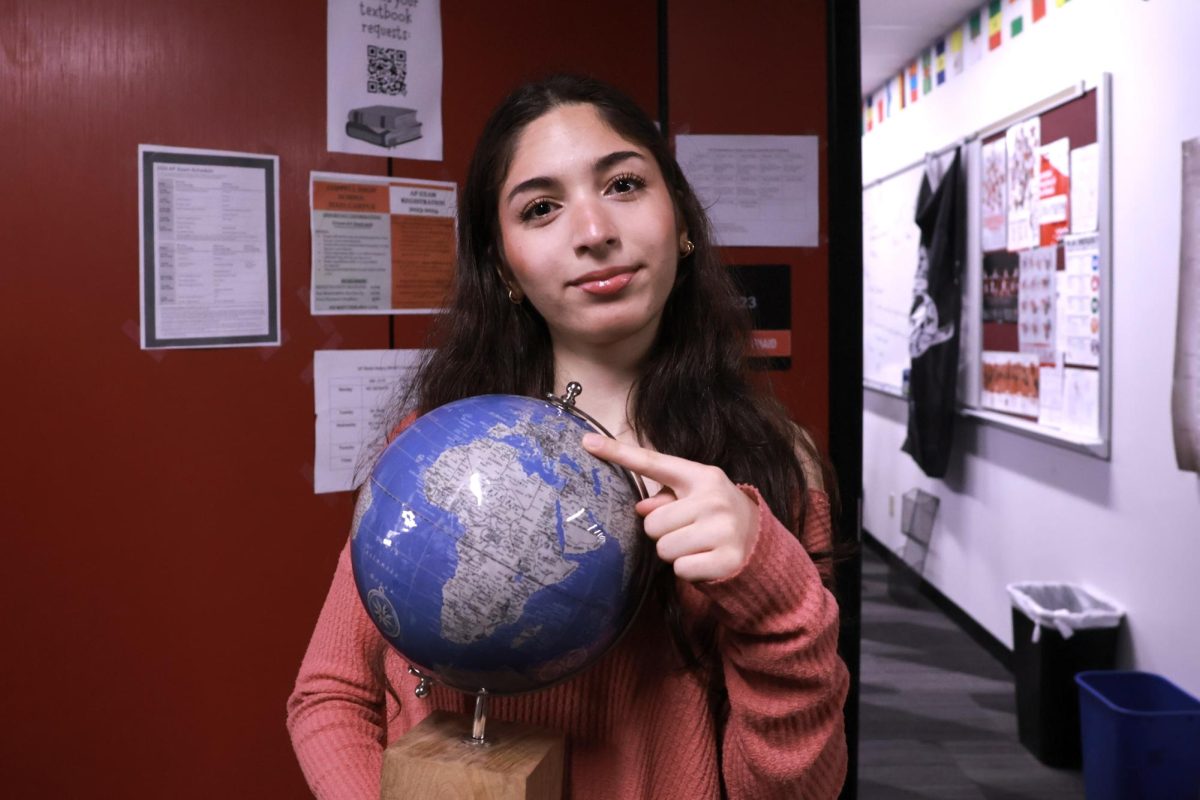
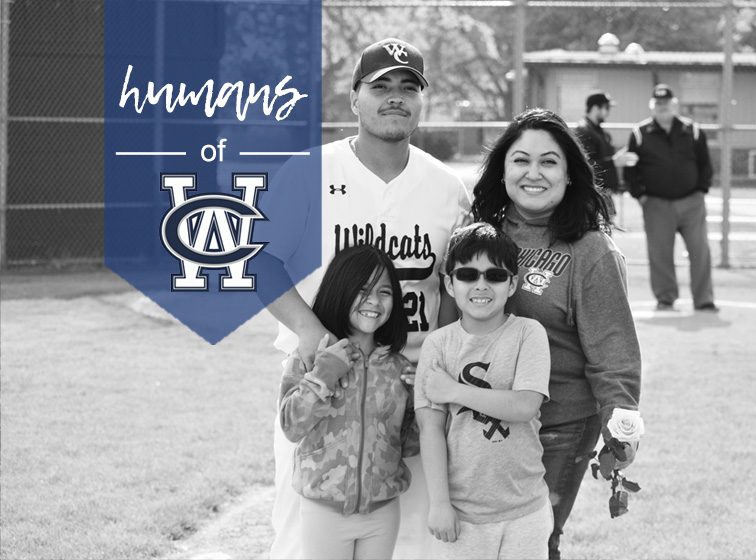
![Junior Aneesh Patil displays photos of his family on a vacation in Chicago. His family reunited in the U.S. after being apart from his father for a year. “I didnt want to come to U.S. at the beginning [but my sons] were missing their dad,” his mother Anu said. “That was the reason I had to move here.](https://bestofsno.com/wp-content/uploads/2024/05/Hsiao_20240308_IDMag_AneeshPatil_23-1200x799.jpg)
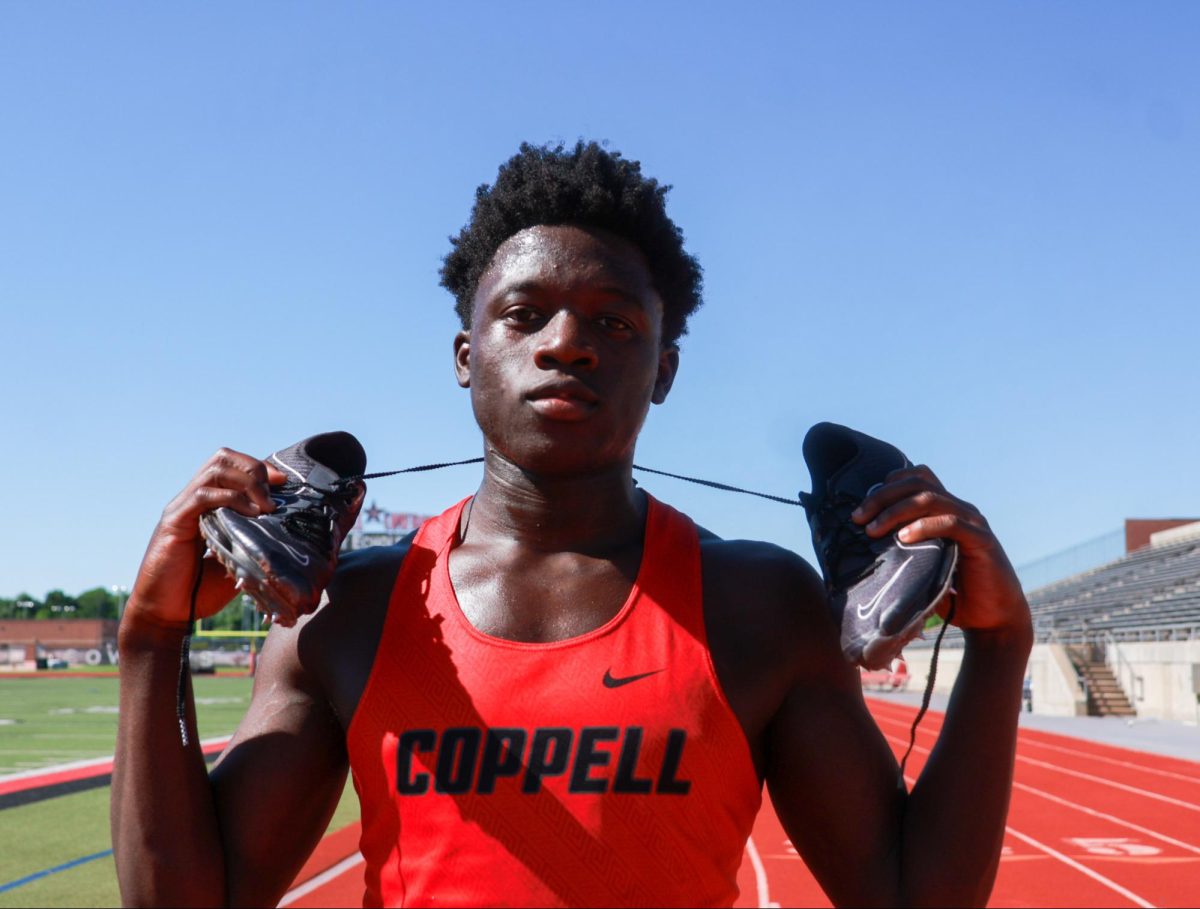
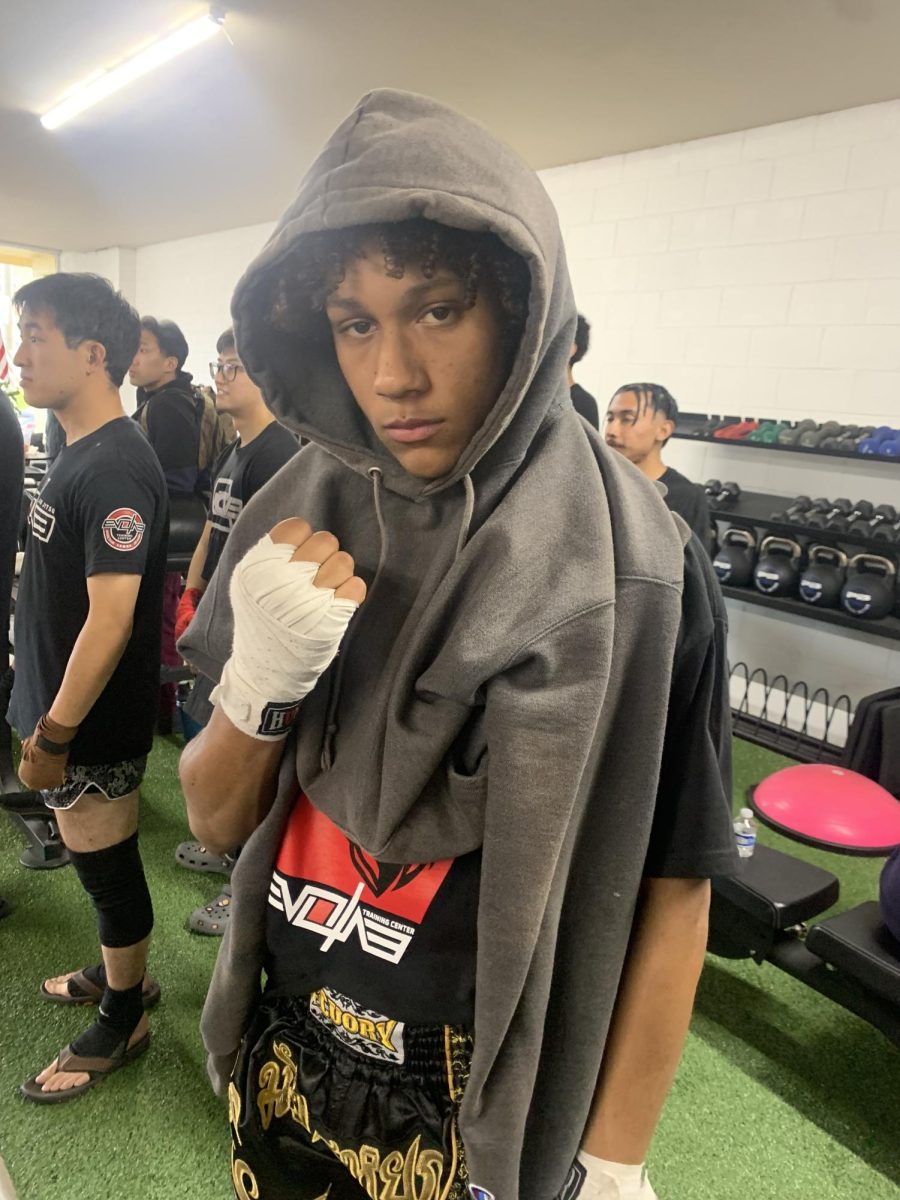
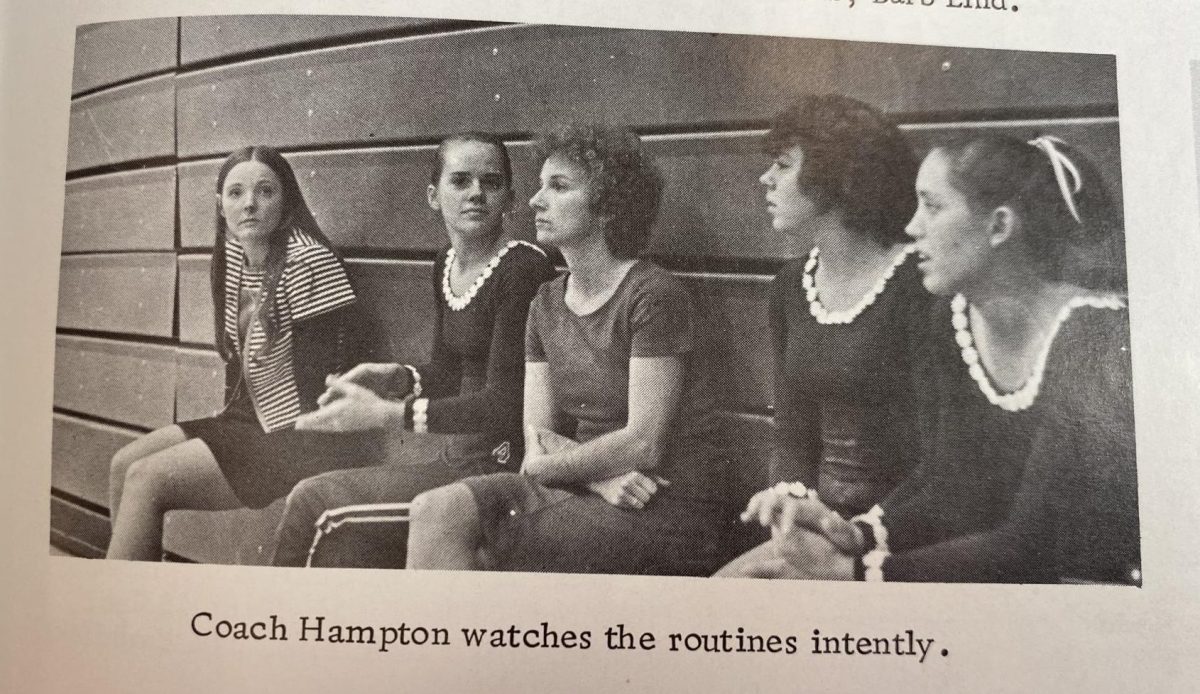
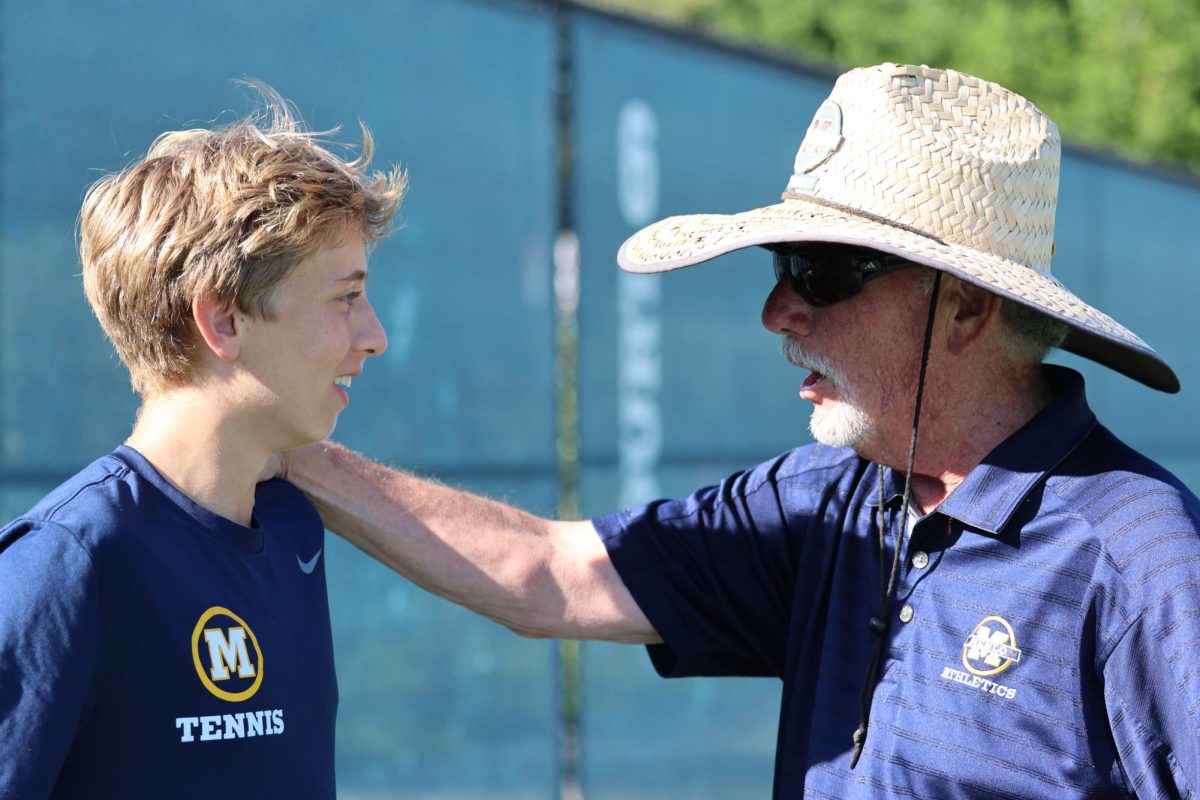
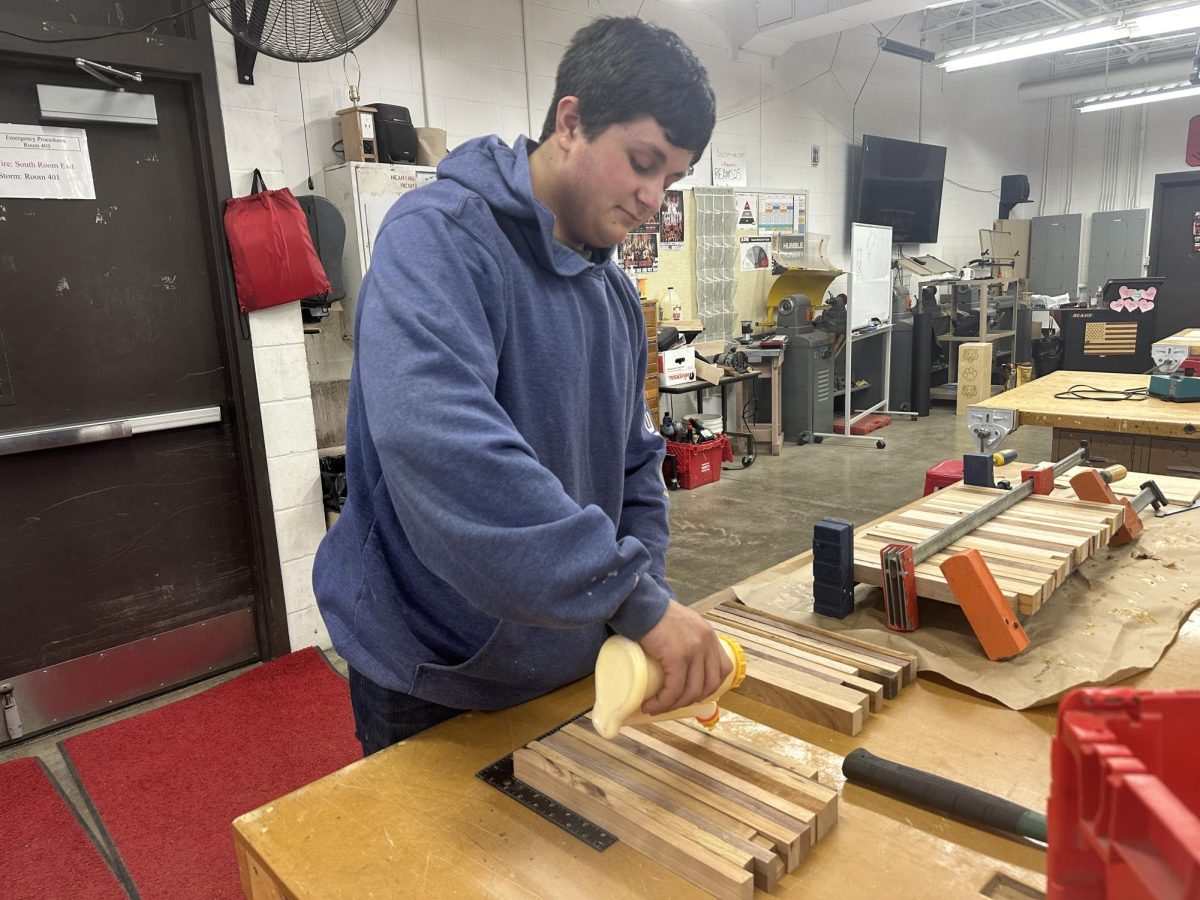
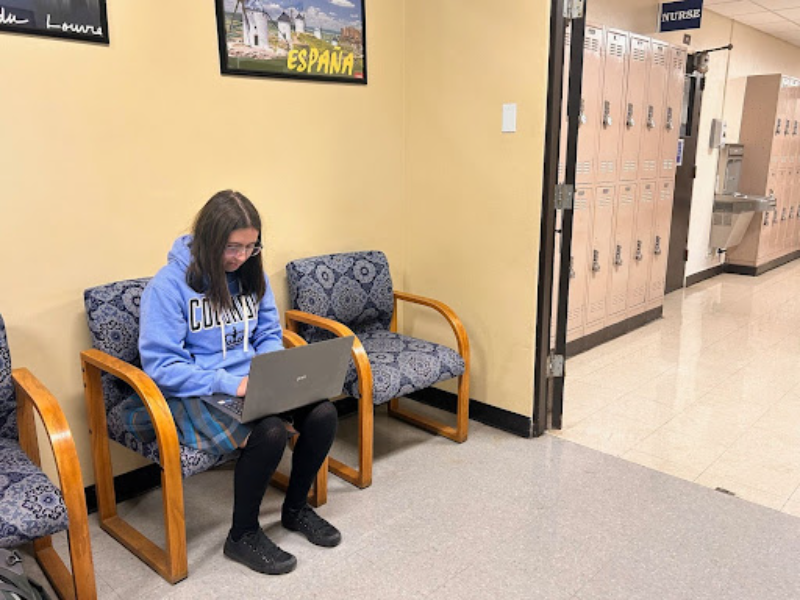
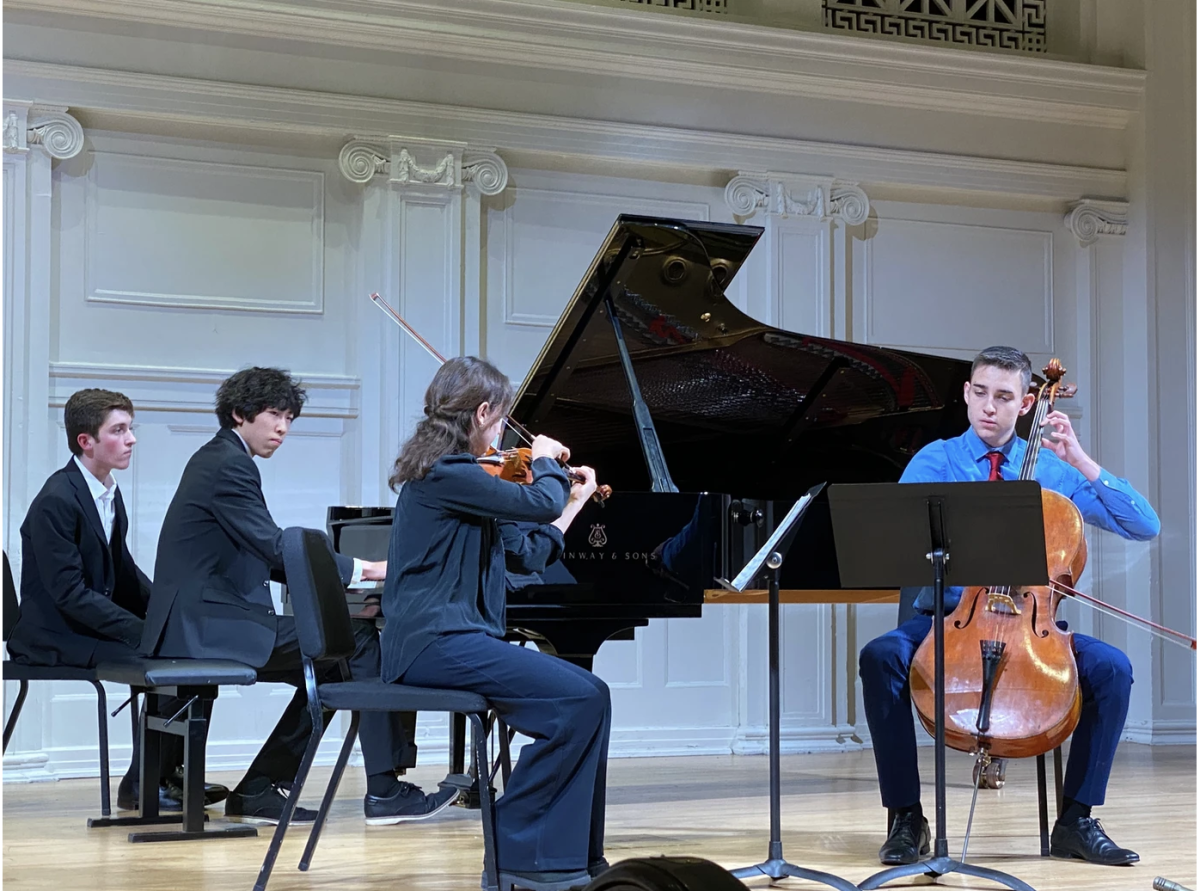
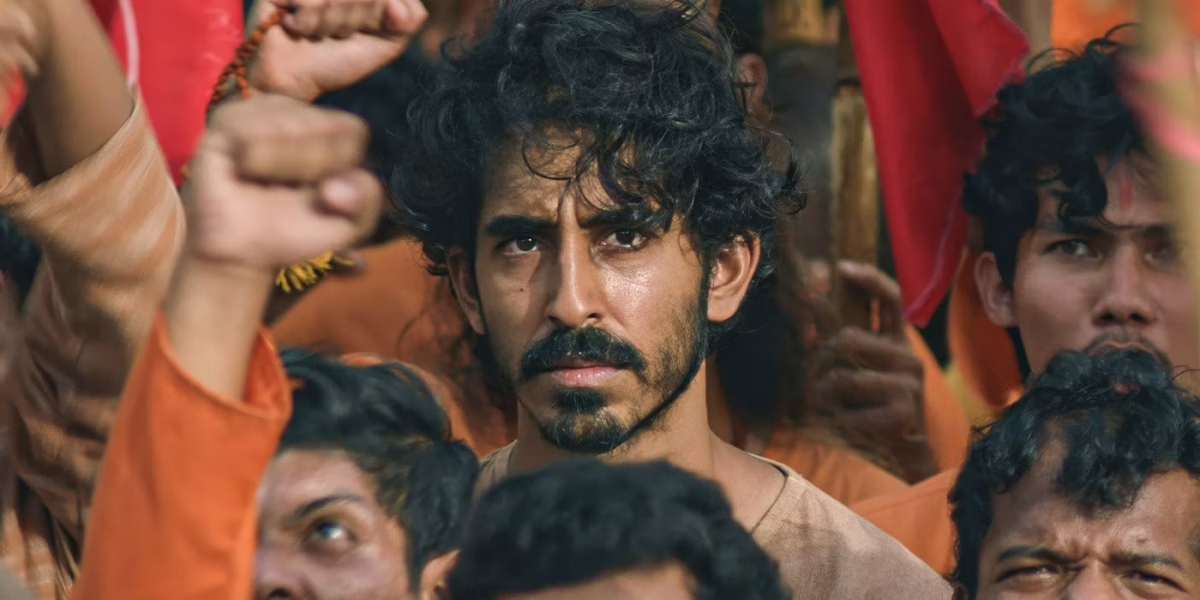
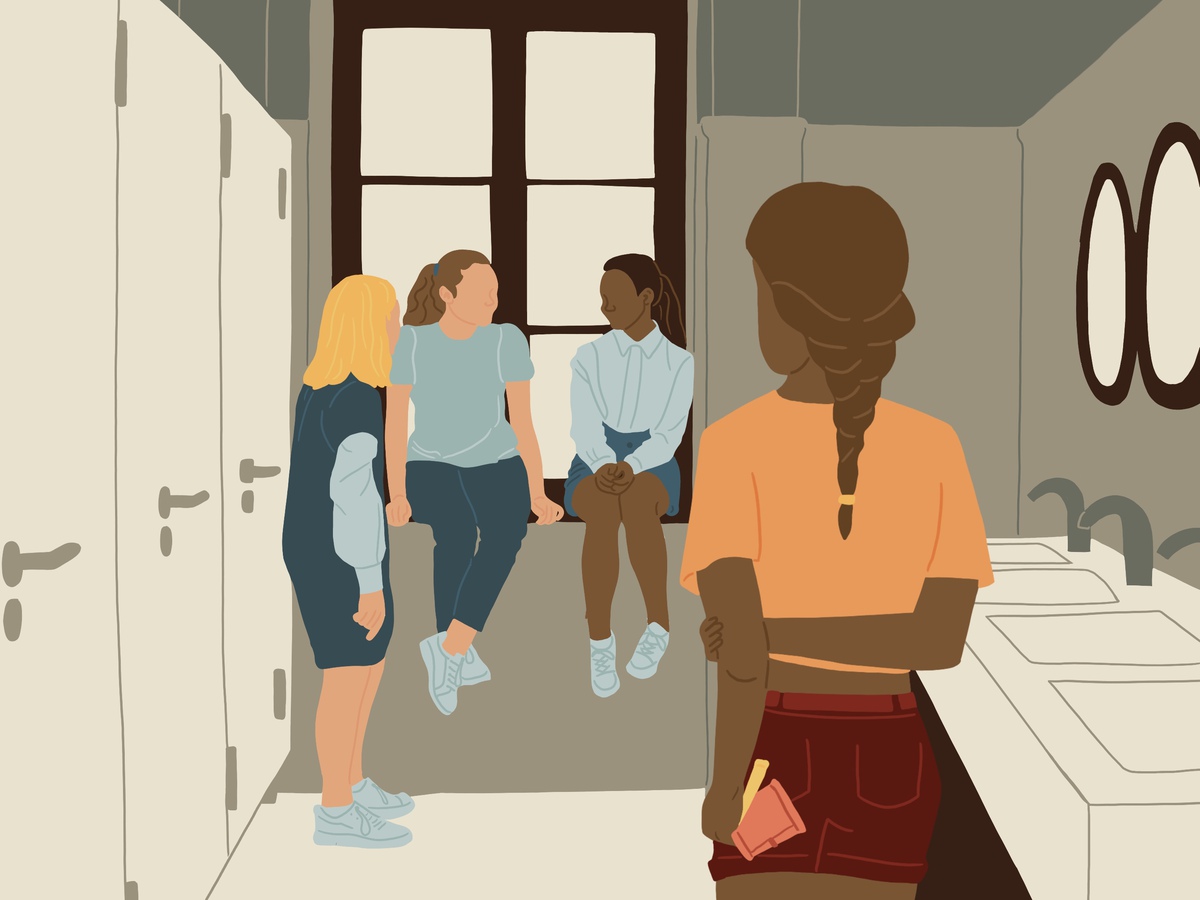
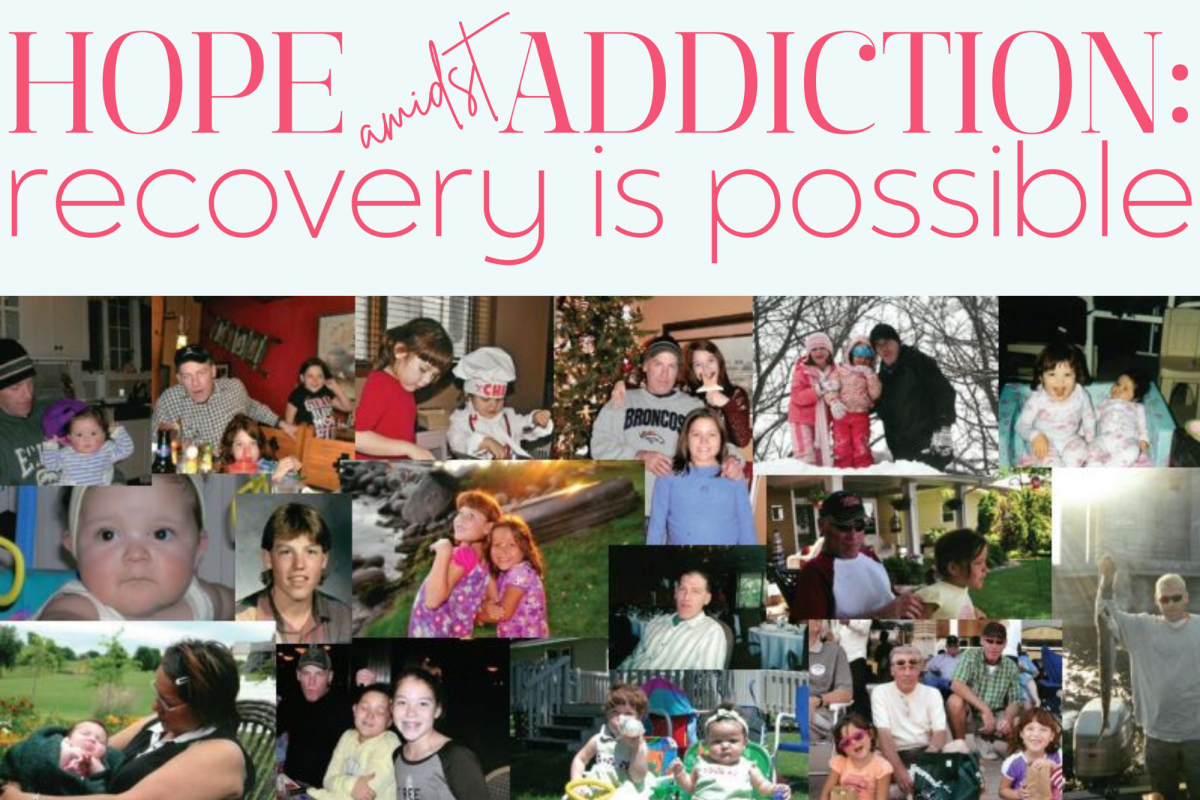

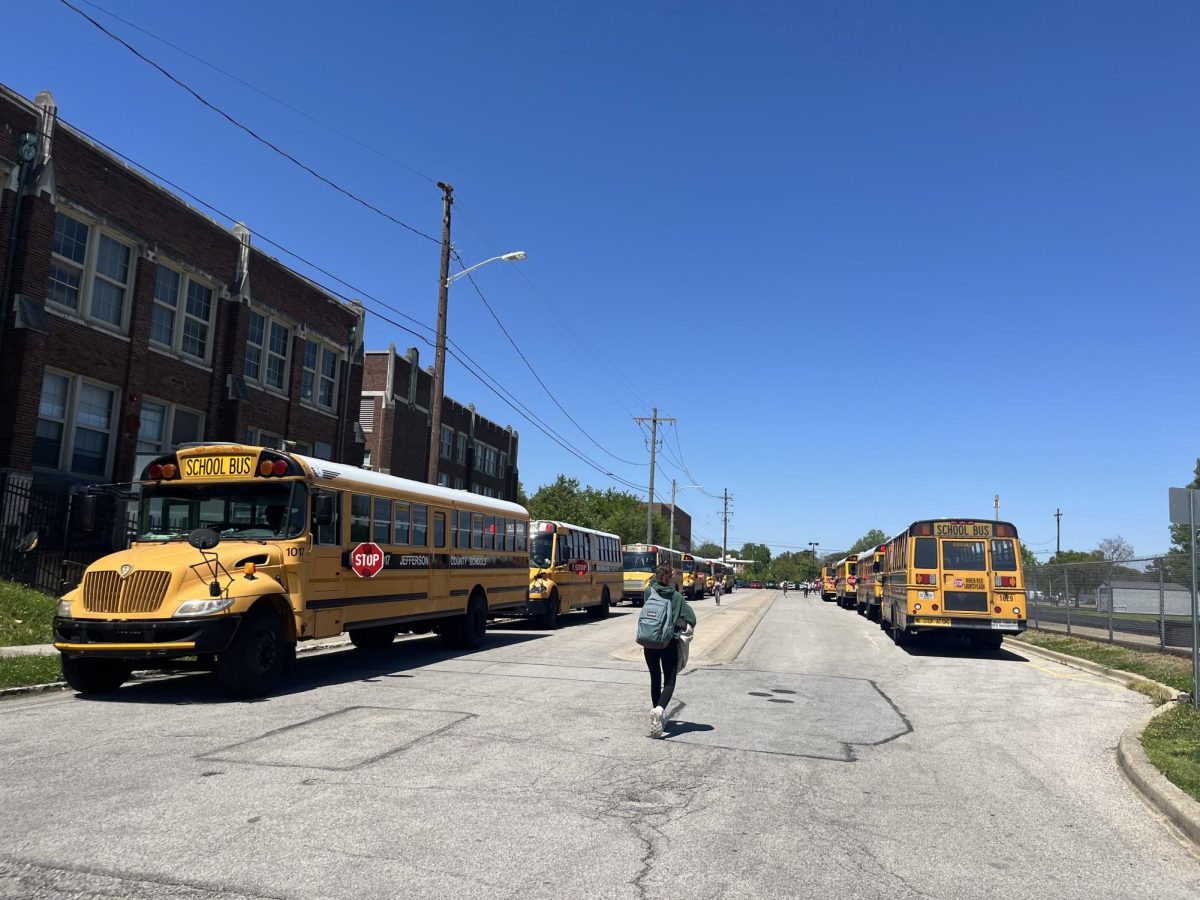
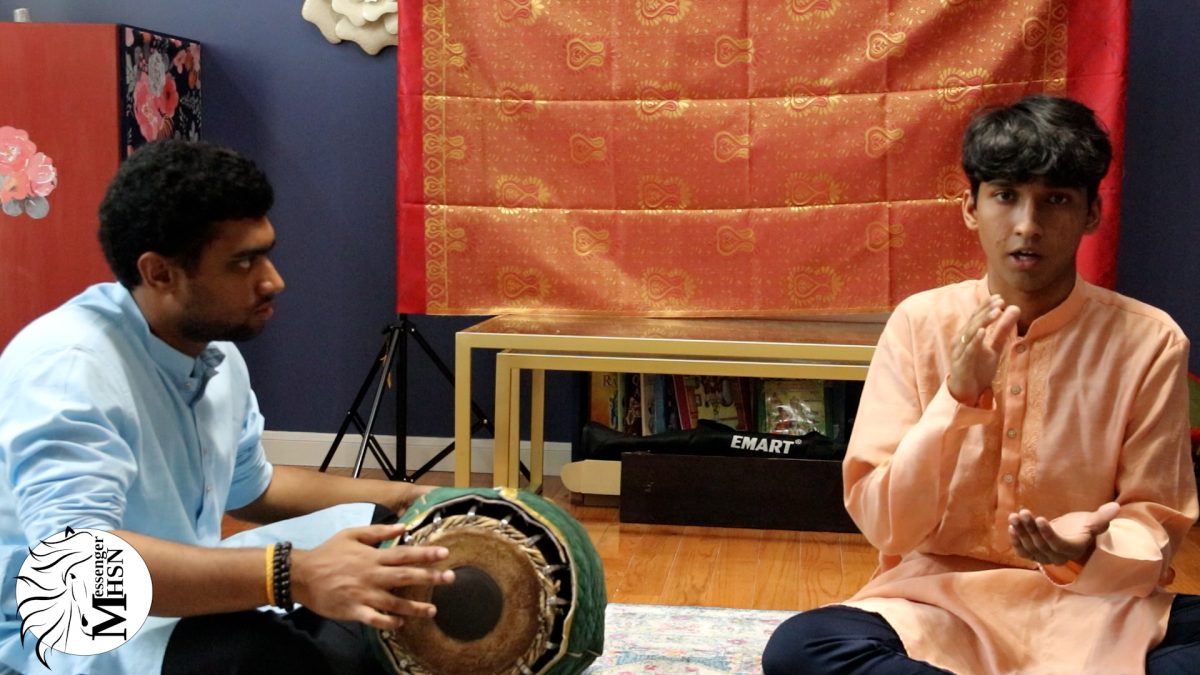

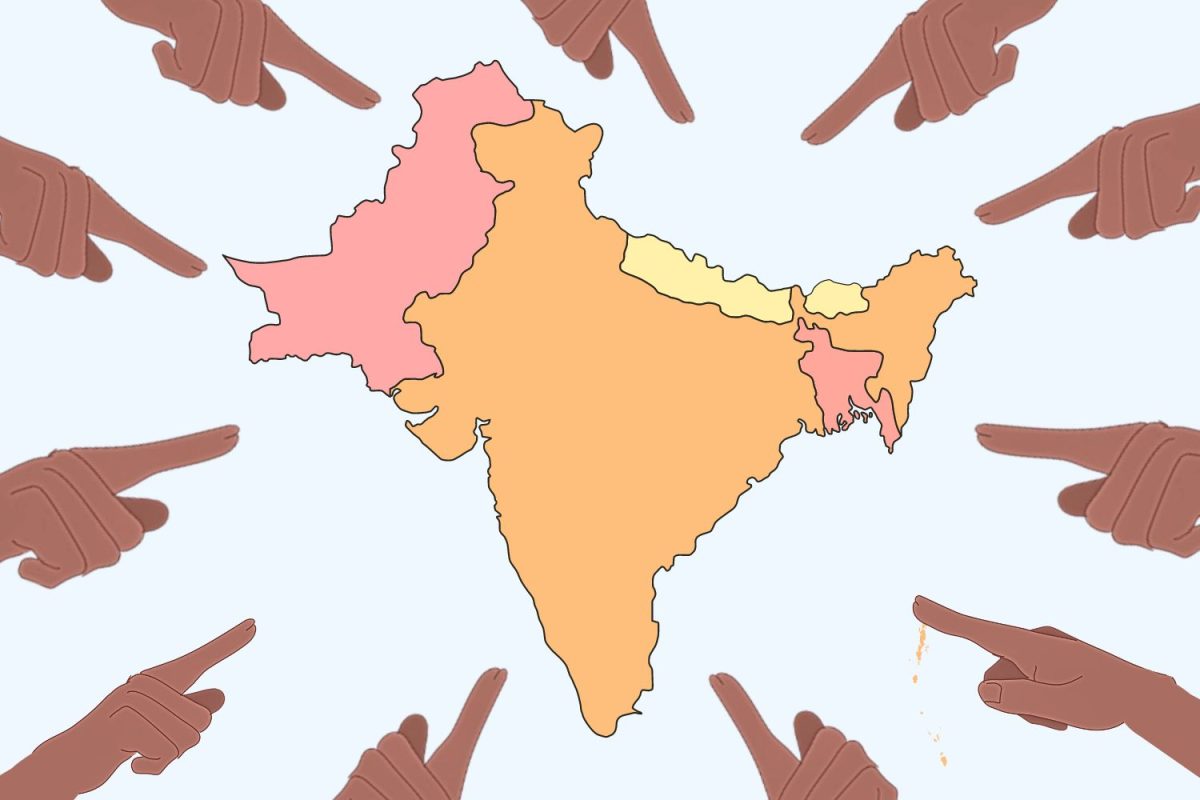
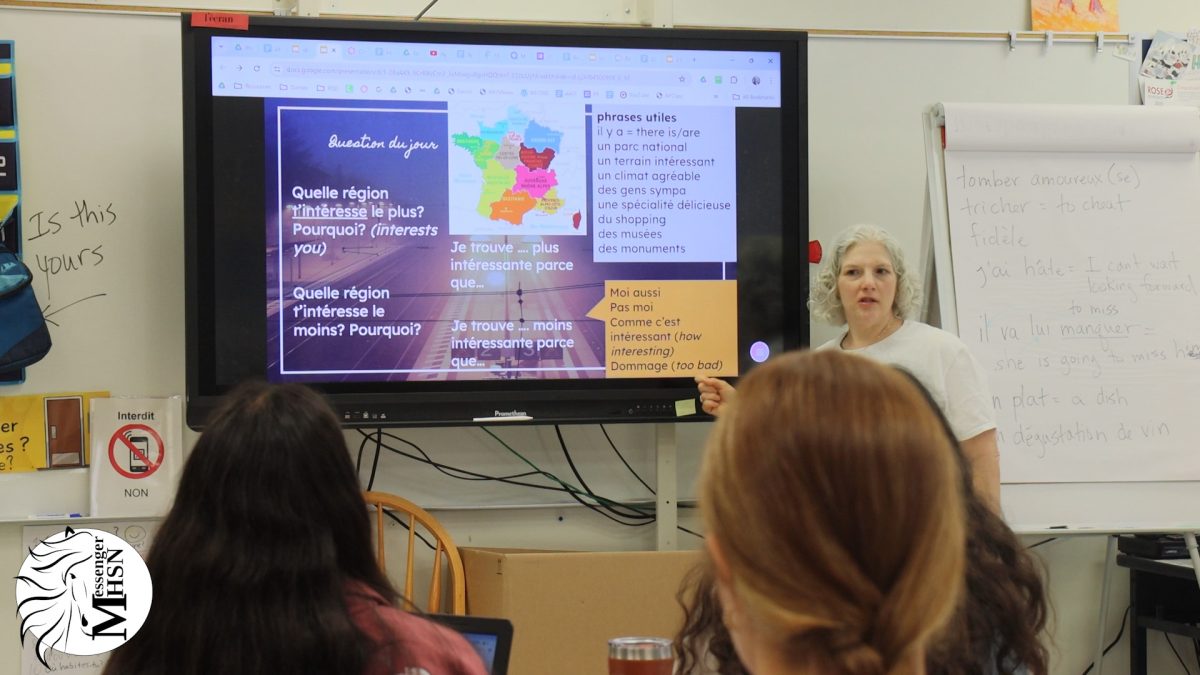

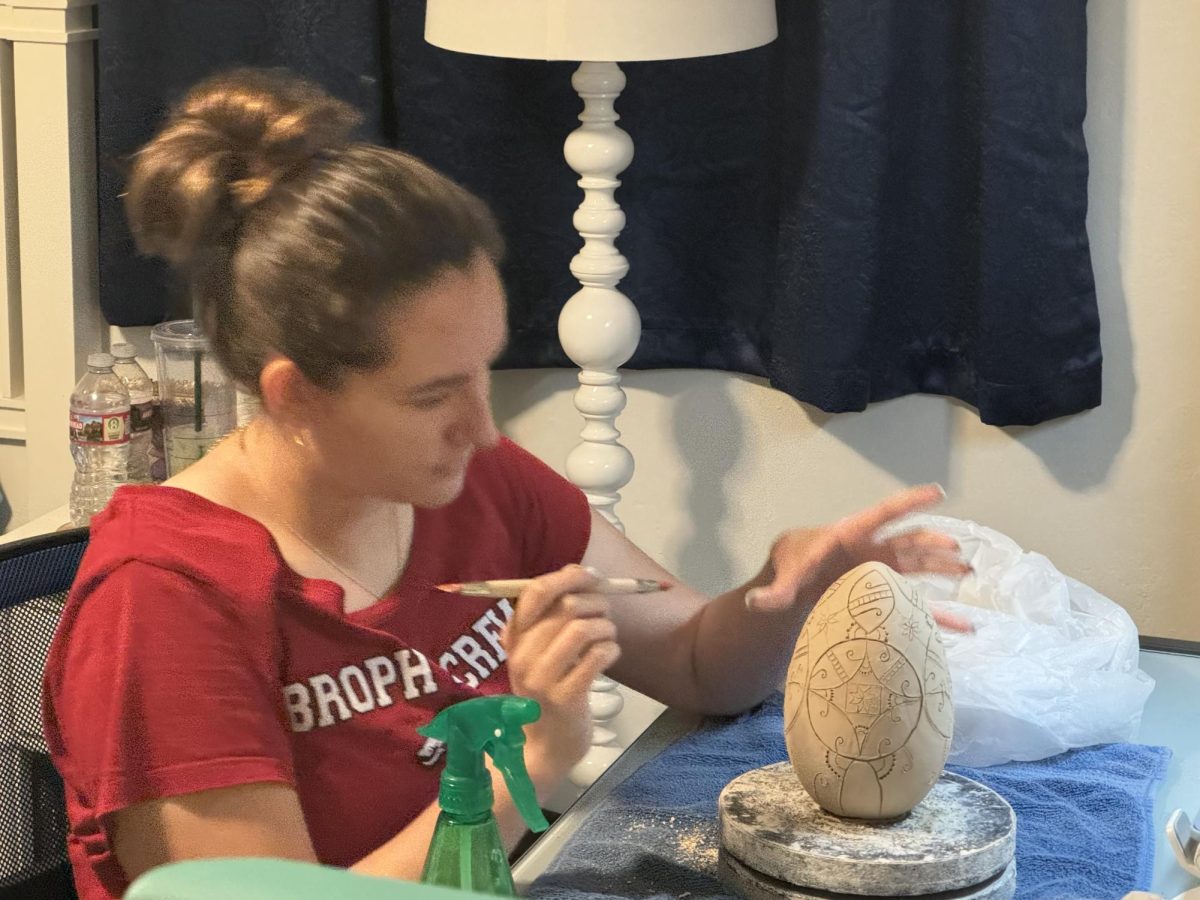

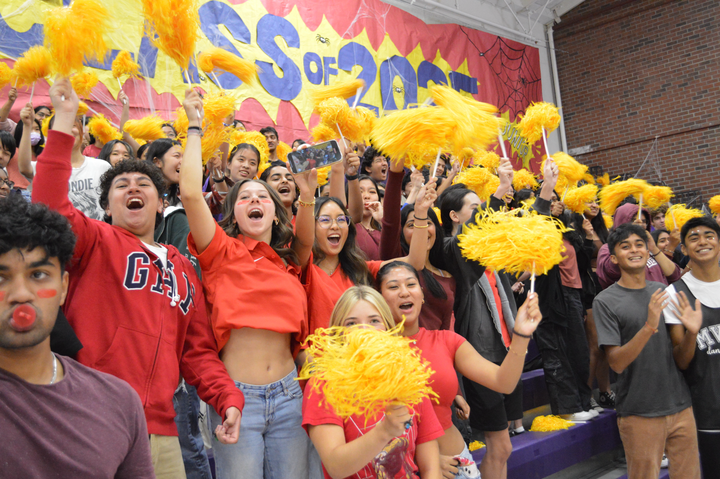


![IN THE SPOTLIGHT: Junior Zalie Mann performs “I Love to Cry at Weddings,” an ensemble piece from the fall musical Sweet Charity, to prospective students during the Fine Arts Showcase on Wednesday, Nov. 8. The showcase is a compilation of performances and demonstrations from each fine arts strand offered at McCallum. This show is put on so that prospective students can see if they are interested in joining an academy or major.
Sweet Charity originally ran the weekends of Sept. 28 and Oct. 8, but made a comeback for the Fine Arts Showcase.
“[Being at the front in the spotlight] is my favorite part of the whole dance, so I was super happy to be on stage performing and smiling at the audience,” Mann said.
Mann performed in both the musical theatre performance and dance excerpt “Ethereal,” a contemporary piece choreographed by the new dance director Terrance Carson, in the showcase. With also being a dance ambassador, Mann got to talk about what MAC dance is, her experience and answer any questions the aspiring arts majors and their parents may have.
Caption by Maya Tackett.](https://bestofsno.com/wp-content/uploads/2024/02/53321803427_47cd17fe70_o-1-1200x800.jpg)
![SPREADING THE JOY: Sophomore Chim Becker poses with sophomores Cozbi Sims and Lou Davidson while manning a table at the Hispanic Heritage treat day during lunch of Sept 28. Becker is a part of the students of color alliance, who put together the activity to raise money for their club.
“It [the stand] was really fun because McCallum has a lot of latino kids,” Becker said. “And I think it was nice that I could share the stuff that I usually just have at home with people who have never tried it before.”
Becker recognizes the importance of celebrating Hispanic heritage at Mac.
“I think its important to celebrate,” Becker said. “Because our culture is awesome and super cool, and everybody should be able to learn about other cultures of the world.”
Caption by JoJo Barnard.](https://bestofsno.com/wp-content/uploads/2024/01/53221601352_4127a81c41_o-1200x675.jpg)
